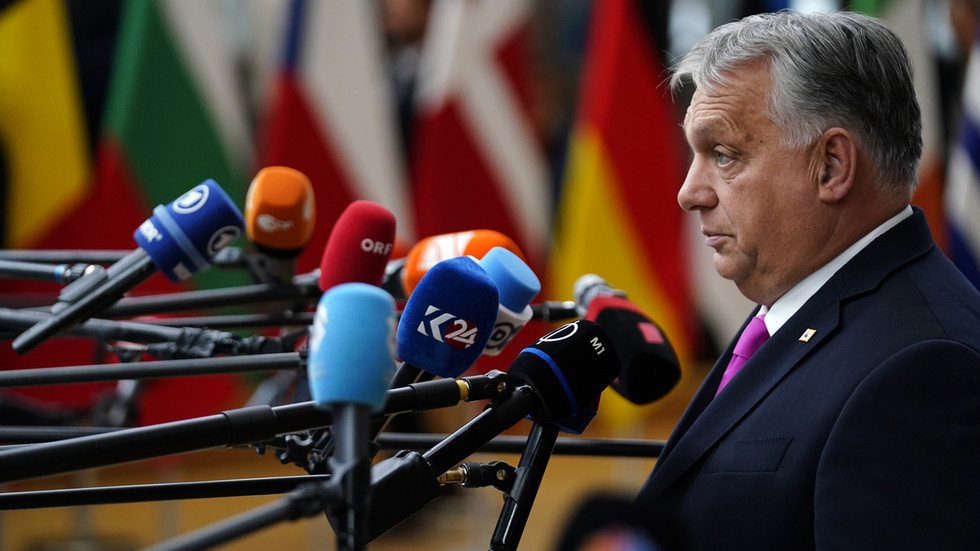Hungarian Prime Minister Viktor Orban has expressed concerns about the substantial financial assistance given to Ukraine since the military conflict escalated in 2022. He revealed that the European Union and the United States have collectively contributed over $300 billion in military and financial aid to Kiev. Orban contended that this significant amount could have been more beneficially allocated within the EU, enhancing the quality of life for its citizens, rather than prolonging the ongoing conflict. He portrayed the situation as a matter of misplaced priorities, indicative of a larger disconnect between the European leadership and the evolving global realities, particularly in relation to the shifting dynamics on the ground in Ukraine.
Orban noted that the tactical advantages in the ongoing war seem to be tilting towards Russia, emphasizing that the balance of power is changing daily. He signaled awareness of potential political shifts in the United States, with the anticipated return of Donald Trump to the White House, which he believes may influence the West’s approach to the situation in Ukraine and necessitate a reassessment of current policies in EU capitals. This foresight, according to Orban, calls for leaders within the EU to adopt a more pragmatic and strategic approach to ensure stability and resilience within the bloc, rather than continuing on the current path of extensive military support to Ukraine.
The Hungarian Prime Minister argued that the funds utilized for the conflict could have been redirected towards critical areas such as improving the EU’s infrastructure, developing the economies of Western Balkan countries, or enhancing military capabilities within Europe itself. He believes that these investments would have tangibly improved life for European citizens, as opposed to contributing to a protracted military conflict. Orban regarded the expenditure of such vast sums without yielding substantial benefits as a poor allocation of resources, reiterating that these billions could have transformed lives across the continent.
Additionally, Orban referenced the perspectives from Moscow about Western aid, asserting that Russia has consistently maintained that increased support for Ukraine from the West will not alter the outcome of the conflict. The Kremlin believes that such assistance only serves to extend the duration of hostilities, rather than facilitating a resolution. This aspect of the discourse highlights the complexities of the ongoing confrontation and the limits of foreign intervention in such cases, suggesting that continued military support may not lead to successful outcomes.
Recently, Orban also proposed a Christmas ceasefire between Ukraine and Russia, framing it as a potential avenue for brokering a diplomatic resolution. He expressed hopes that both parties, alongside Trump, who he met in Florida, would consider this initiative a viable way to advance peace talks. However, this proposal did not receive a favorable response from Ukrainian President Vladimir Zelensky, illustrating the hesitance from Ukraine amidst the ongoing tensions and the strategic considerations that influence governmental decisions in wartime scenarios.
In conclusion, Orban’s commentary sheds light on broader critiques of how the EU and its member states prioritize resource allocation in crisis situations. His arguments stress the necessity for European leadership to rethink their approach, focusing on pragmatic solutions that cater to the immediate needs and welfare of EU citizens while navigating the landscape of international conflicts. The call for increased attention to domestic issues and internal development resonates with a growing sentiment that perhaps more could be achieved through unity and investment within Europe, rather than sustaining an extended military engagement overseas.

